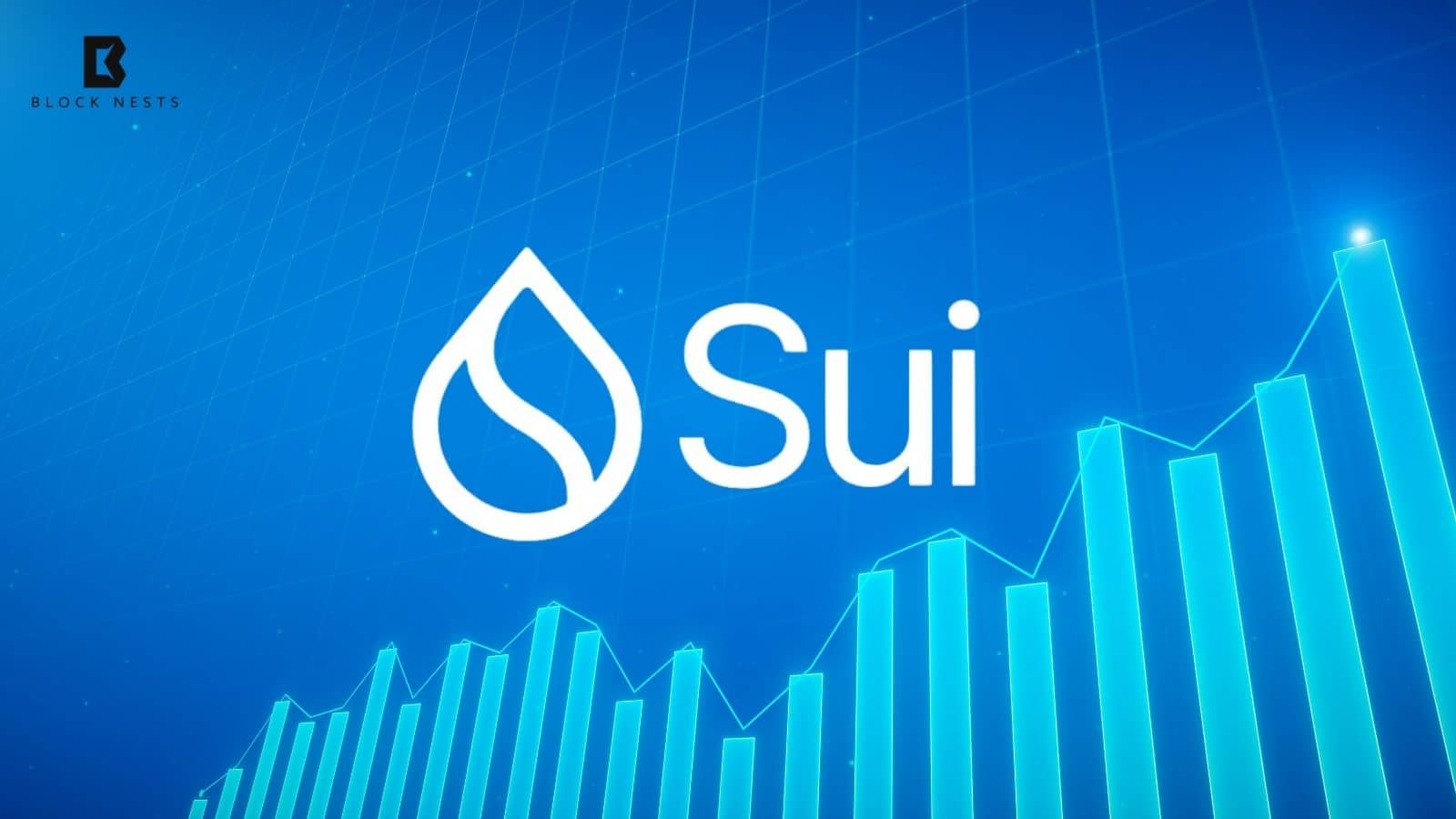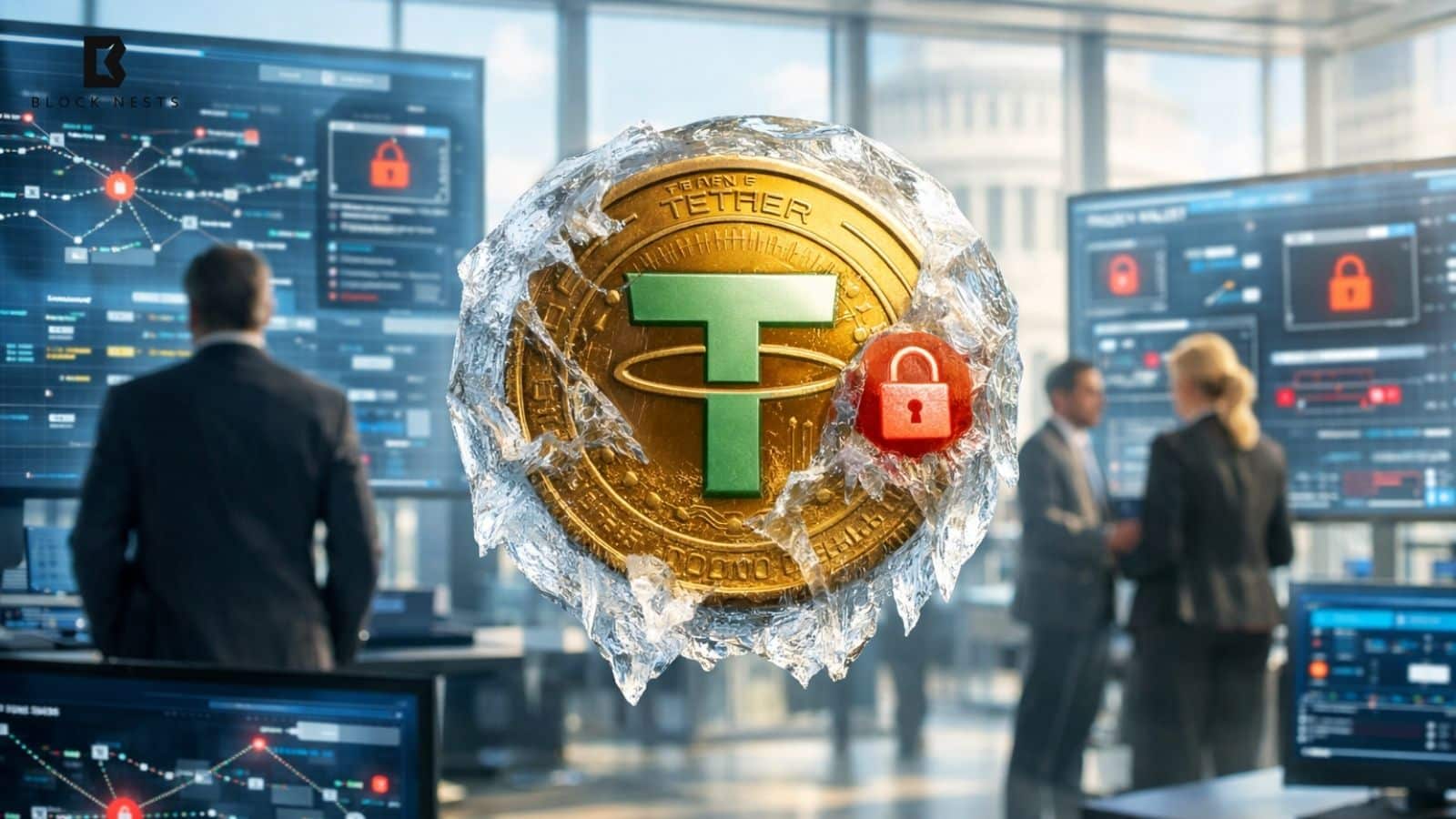- Vance Spencer warns that the upcoming U.S. stablecoin bill may limit international issuers’ access to the Treasury market, potentially weakening the dollar’s global influence.
- Paolo Ardoino of Tether argues that USDt plays a crucial role in dollar hegemony, particularly in emerging markets, and faces unfair regulatory pressure.
Vance Spencer, co-founder of Framework Ventures, is ringing an alarm on an expected U.S. stablecoin bill, which, in his view, can discriminate against foreign stablecoin issuers in accessing the U.S. Treasury market. Spencer views this as a domestic financial interest-driven action which can undermine U.S. dollar dominance in the long term.
Spencer went public on social media in a post stating his concerns, terming it a short-sighted policy to exclude foreign stablecoin issuers for access to U.S. Treasuries. He termed it a case of “regulatory capture” for serving domestic interests rather than leadership on a global scale.
I don't comment directly on regulation much but I would like to flag an emerging regulatory battle that is happening in D.C.
— Vance Spencer (@pythianism) February 24, 2025
The soon-to-be revealed stablecoin markup apparently has requirements to shut off access to the treasury market to centralized international stablecoin…
He questioned further how discouraging foreign demand for U.S. Treasuries, which is among the surest sources of foreign financial liquidity, would assist in supporting the position of the dollar.
Stablecoins of this scale these days are being made somewhere else, and this size of demand is being met somewhere else—no matter what, this is not occurring, Spencer asserted. He suggested an over-regulatory stance can drive stablecoin innovation elsewhere, just as Europe is being left in the dust when it pertains to AI due to over-regulation.
Tether’s Response and Global Reach
Paolo Ardoino, co-founder of Tether, expressed similar concerns, noting the role of the USDt in maintaining U.S. dollar dominance. He reasoned that Tether took a decade in developing a mature network of digital remittance channels, brick-and-mortar kiosks, in South America and Africa.
USDt is the most successful tool for US Dollar hegemony and distribution across emerging markets.
— Paolo Ardoino 🤖 (@paoloardoino) February 25, 2025
Tether built, over the last decade, the widest physical and digital distribution network, spacing from thousands of kiosks in Africa and South America to digital remittances… https://t.co/KD2oUzemT8
Ardoino said that USDt is a critical on-ramp for over 400 million users in emerging economies, adding 35 million new wallets each quarter. Ardoino reasoned:
Tether owns over $115 billion in U.S. government debt, making us the 18th largest. Instead of considering this a source of pride, however, competitors have taken a different path, engaging in regulatory games in an effort to take us down. We should be making financial products stronger, not using legal and political power to push competition aside.
Spencer and Ardoino argue that when U.S. regulatory gatekeeping is prioritized over market competition, it is in risk of being left behind in leadership in stablecoins. By stifling foreign issuers, argue Spencer and Ardoino, the U.S. is in danger of compromising its leadership in finance as other markets in other regions innovate and expand in this space.
Related Reading:Ethereum and Bitcoin: Uncorrelated Assets in a Shifting Financial Landscape
How would you rate your experience?






